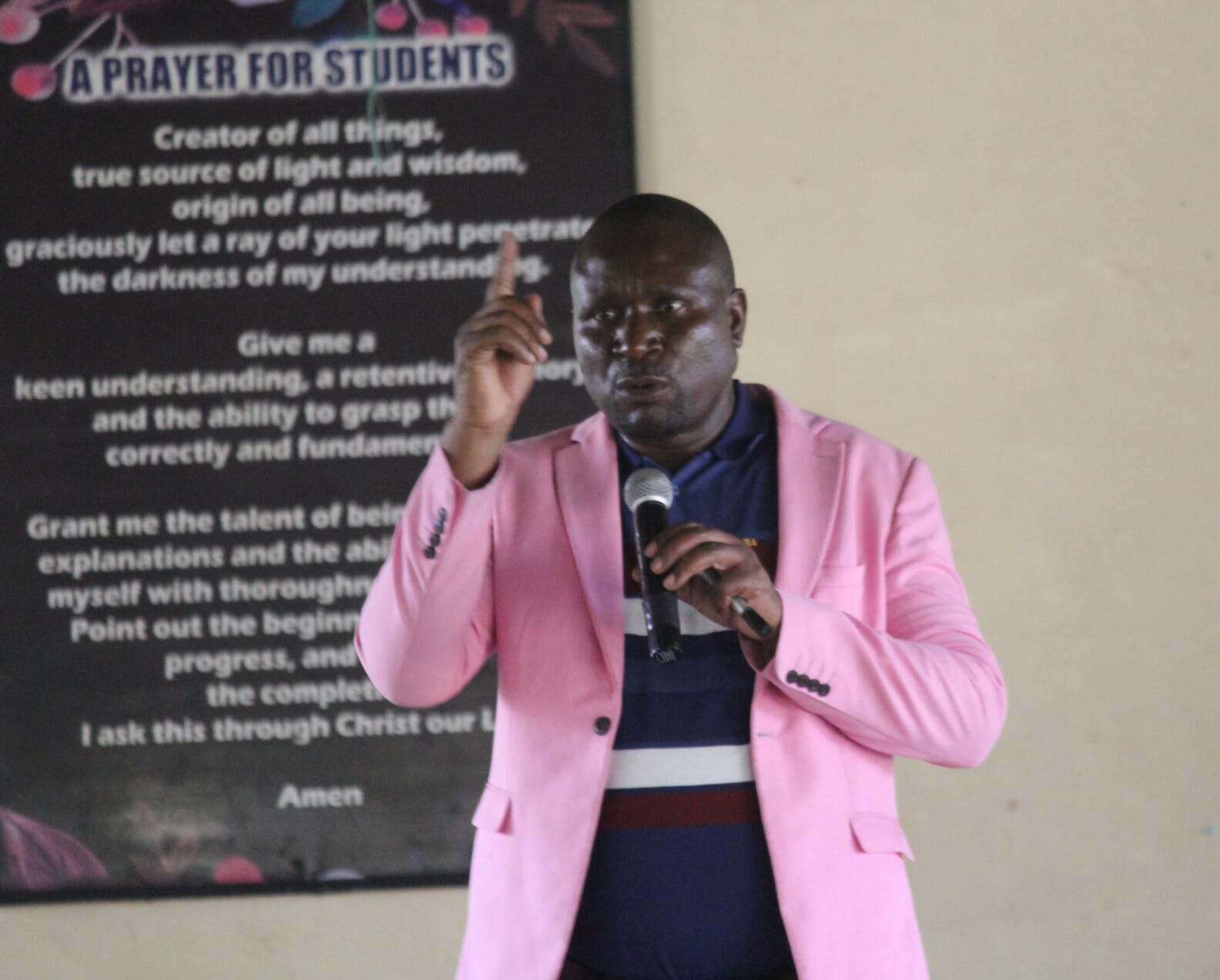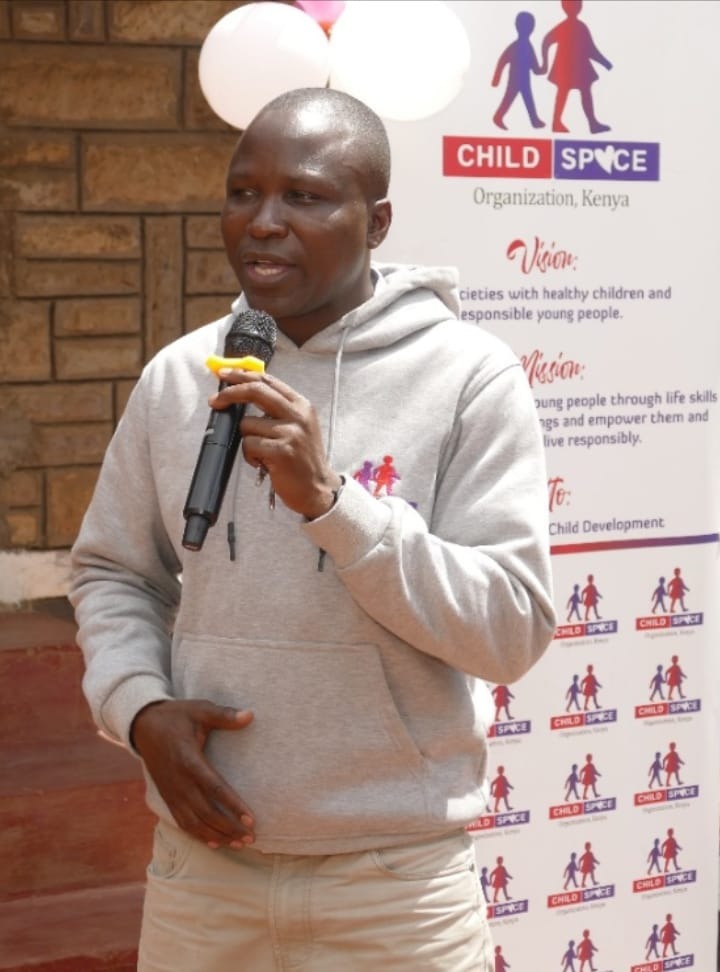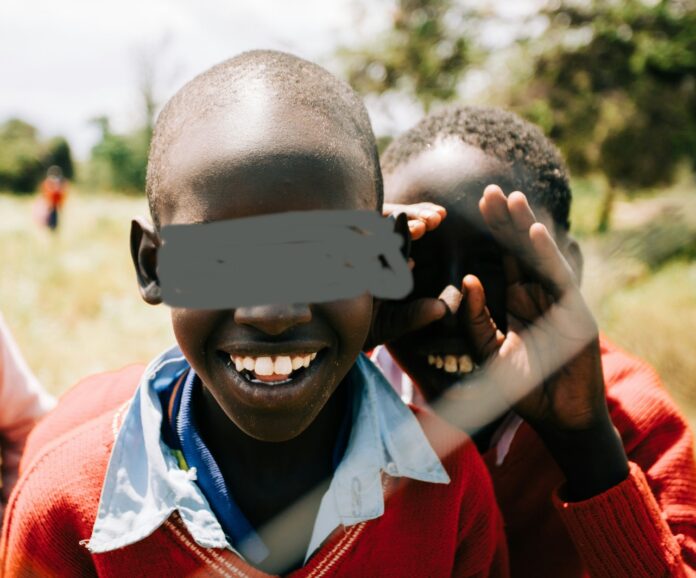By Melisa Mong’ina
Kakamega County, Kenya: Stakeholders in the education sector are calling for action to protect school children from alcohol abuse.
Speaking to Talk Africa, Benson Malata, a Geography/Swahili teacher at Musingu Boys High School, observed how students affected by alcohol abuse in their home environments often showed some changes, especially in grooming. He said some tend to withdraw both academically and socially due to the neglect they experience from their alcohol-dependent parents and lack of basic needs, while others end up using drugs to overcome the challenges they face at home.
“Most of them withdraw both academically and socially due to neglect from their parents,” stated Tr. Benson. “Their grooming also changes at school because they lack basic needs, and their parents, struggling with alcohol addiction, fail to provide for them since they only spend their money on alcohol alone. Some of these children turn to drug abuse as a way to cope with the situations at home.”
Malata revealed how parental alcohol abuse at home hurts children. Some of them become abusive and develop problematic behaviors at school, such as fighting, which often results in disciplinary actions like suspension for a week or even a month. In turn, this affects their academic performance as they miss valuable school time.
“Parental alcohol abuse affects children negatively. In some schools, like Musingu Boys High School, when a student engages in behaviors like fighting, they often face disciplinary actions such as suspension. This causes them to miss a lot in school, which in turn affects their academic performance,” said Malata.
Additionally, he stated that their school’s staff are well trained to handle issues affecting their students. They are well-equipped to identify students affected by parental alcohol abuse and after identification, they refer them to the guidance and counseling department for additional support.
“At Musingu Boys, the staff is trained to handle such cases and class teachers are well equipped to identify affected students. From there, these students are then handed over to the guidance and counseling department, where their future and well-being are discussed together with their parents or guardians,” said Malata.
He said they have developed a fund to support affected students. With the help of other students, parents, and teachers, these children are provided with basic needs. Additionally, students are often paired with teachers who offer more guidance to them.
“The school has developed a fund to support these students with basic needs. Contributions come from students, parents, and teachers to ensure that the students feel loved and cared for. Each student is allocated a teacher who will offer guidance, understand the child’s background, and address issues that affect them,” added Malata.
Malata highlighted that policy initiatives should begin at the school level as this is where children spend most of their time. He suggested the Ministry of Education and the Ministry of Health develop guidelines to enable students to address issues that affect them both at home and in school. He also advocated for policies supporting life skills programs to equip children with tools to cope with the difficulties associated with parental alcohol abuse.
“The first policy should be implemented at school because children spend more time there than at home. The Ministry of Education and the Ministry of Health need to establish guidelines that fully engage students. We need a policy that supports life skills programs to help them adapt to these situations, ensuring their well-being is not affected,” said Malata.

Interventions and Support Programs From Education Advocates
Brian Magwaro, Manager at Blue Cross Kenya an organization that addresses challenges affecting children, especially in alcohol-prone environments, noted that most children are often forced into parental roles at home because their parent or guardian is an alcohol addict. Girls living with their alcohol-dependent fathers are often at the risk of being defiled, thus affecting them psychologically.
“In some homes, you might find that these children often take on the role of a mother after school by ensuring that their siblings are well-fed, as their parents or guardians are frequently intoxicated and come home late. In other cases, these children, especially girls living with their father alone, face the risk of being defiled, leading to psychological issues,” said Magwaro.
He further revealed that their organization works with more than 105 schools and has observed mental health and behavioral issues among these children. He confirmed they have five safe spaces where these children engage in various activities, allowing them to enjoy their childhood and lessen the burden.
“We work with more than 38 schools, offering life skills programs. In total, we engage with over 105 schools, where we provide various programs in addition to life skills. Through these programs, we’ve encountered several issues raised by teachers and community leaders. We have five safe spaces providing activities to help these children relieve some burdens and enjoy their childhood,” he said.
Magwaro shared that they usually conduct prevention programs each year to help children make healthy choices and develop solutions to challenges they face. They work with a cohort of around 700 children who complete life skills programs, and learning modules that enable them to understand themselves and the effects of alcohol in their communities.
“We work on prevention programs in schools yearly, where children learn to make healthy decisions, manage their emotions, and address issues affecting them at home. Every year, we have a cohort of about 700 children who complete life skills programs and graduate after learning all the modules. Once they complete the life skills training, they often connect what they’ve learned with their current lives,” he said.
Additionally, Chrispine Okello, Founder and Executive Director of Child Space Organization which focuses on holistic child development, and addressing the needs of marginalized children and families in Nairobi’s informal settlements, pointed out how parental alcohol abuse is a common issue in the communities they serve and it is often due to poverty, limited access to education, and high levels of stress.
“Parental alcohol abuse is a significant issue within the communities we serve. In Korogocho and the surrounding areas, poverty, limited access to education, and high stress levels often lead to substance abuse as a coping mechanism, making this problem too common. Many children we work with have been exposed to alcohol abuse at home and as a result, they end up facing a range of adverse effects,” noted Okello.

He highlighted the psychological and counseling support that they often provide to affected children. They conduct mentorship programs and provide nutritional support to lessen the heavy burdens these children carry. This approach has shown positive outcomes and they have witnessed improvements in the children’s performance and their general well-being.
“We offer psychosocial support and counseling through programs like the Smart Children Club,” stated Okello. “We also conduct school-based mentorship and provide nutritional support to help alleviate some of the burdens these children face. Our holistic approach has shown promising results; we’ve seen improvements in children’s emotional well-being and academic performance, and many are more resilient and engaged in school. Our community partnerships allow us to make referrals to additional resources, amplifying our support impact.”
Community Awareness, Partnerships, and Advocacy
Magwaro added that they often engage with parents, helping them understand how their behavior affects their children. They also collaborate with NACADA and churches to increase community awareness of alcohol’s effects within homes. Schools and teachers are also partners, helping educate children on alcohol prevention and management. Their partnership with community leaders has led to the development of “Children Barazas,” which raises awareness during holidays and provides space for children to share their concerns.
“We often work with parents to understand how they interact with their children at home and how their drinking affects them. Through partnerships with NACADA, community leaders, and churches, we can raise awareness of alcohol’s effects and promote child safety. We work with schools and teachers on alcohol prevention and management guidelines and create policies that protect children both at home and school,” he added.
He has advocated for full implementation of the Alcoholic Drinks Control Act to protect children from alcohol-related harms and also suggested banning alcohol advertisements to shield children from exposure.
“We advocate for the full implementation of the act. If counties fully implement it, many children could be saved from these harms. We want online alcohol advertisements banned, as there are numerous ads online and on billboards, some near schools, targeting children,” highlighted Magwaro.

Okello noted that their organization creates awareness of the effects of alcohol abuse through community forums, educational workshops, and local leaders. The involvement of parents, teachers, and peers, will enable a better understanding of the effects of alcohol abuse on children’s development.
“We often raise awareness on the effects of alcohol abuse through community forums, educational workshops, and partnerships with local leaders. By involving parents, teachers, and peers, we strive to foster a better understanding of how alcohol abuse impacts children’s development and well-being. This awareness campaign is integral to our mission, as it helps reduce the stigma around seeking help and encourages community-driven solutions,” shared Okello.
He further highlighted that community-driven programs are effective for alcohol-dependent parents, stressing the importance of having policies that support comprehensive SRHR and mental health services in schools. Their organization advocates for collaborative efforts between the government, NGOs, and community leaders to ensure a healthier and supportive environment for these children.
“Community-driven programs, like establishing peer support groups for parents struggling with alcohol abuse and enhancing local access to mental health and substance abuse counseling, would be transformative,” said Okello. “Policies that support comprehensive SRHR and mental health services in schools could also provide an additional layer of support for children. We also advocate for collaborative efforts between the government, NGOs, and community leaders to implement these programs effectively, ensuring children in Nairobi’s informal settlements grow up in healthier, and more supportive environments.”














